Russia plans to raise import tax hatching eggs
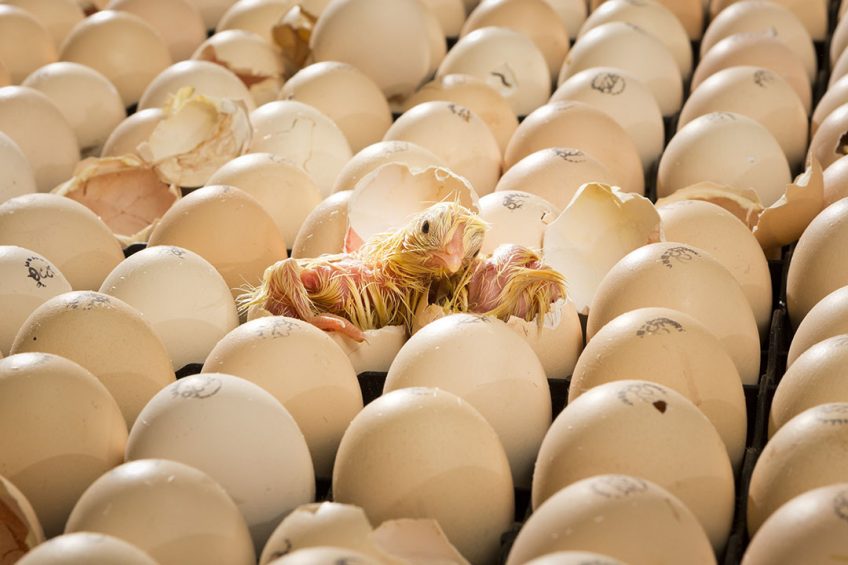
The Russian government rolled out plans to subject hatching eggs to a 5% import tax starting 1 January 2022. A further raise of 15% is set for 2023.
The measure intends to promote and protect the domestic production of hatching eggs. Russia is struggling with an acute shortage of hatching eggs, a group of producers told during the government meeting with the Russian Agricultural Minister Dmitry Patrushev. Import restrictions introduced after the outbreak of highly pathogenic avian influenza (AI) stripped dozens of poultry farms from imported hatching eggs. It is estimated that the share of companies relying on imported hatching eggs in Russia is close to 20%. The price per hatching egg on the Russian market has nearly doubled in the past months, reaching 30 Roubles (US$ 0.35). The rising costs are driving some farms below the breakeven point, forcing them to cut production, Russian poultry producers stated during the government meeting.
In January 2021, poultry production in Russia decreased by 6.4% compared to the same period last year, the Russian union of poultry farmers Rosptitsesoyuz estimated. Rising costs are cited as the main reason for the decline. The rising costs push the domestic prices for broiler meat and eggs up, causing concerns among government officials. To avoid problems in the future, the Russian government plans to up national hatching egg production. To encourage farmers to expand hatching egg production, the Agricultural Ministry plans to compensate a part of capital costs of new projects.
The planned taxation of imported eggs is intended to push farmers to source hatching eggs on the domestic market. Currently, hatching eggs import is not subjected to a customs duty in Russia. Sergei Lakhtyukhov, chairman of the Russian Union of Poultry Producers, estimated that Russia imported 700 million hatching eggs in 2020, or 15% to 20% from its overall demand.
Fears of AI human-to-human transmission in Russia
The Russian Union of Poultry Producers (NUPP) has issued a statement ensuring customers that poultry products on the grocery shelves are safe for consumers despite the rising avian influenza (AI) fears.
Lowered tax on Brazilian poultry
Russia could reduce tax on poultry imports from Brazil if rising domestic prices keep growing, the Russian state publication reported, citing government sources. This measure could be taken if other price-constraining solutions proved to be insufficient. Currently, the government is trying to tame the upward price rally on the domestic market by threatening poultry farmers with a Federal Antimonopoly Service’s investigation and offering more soft loans on capacity modernisation. Within the Eurasia Economic Union, Russia’s 2021 poultry import quota is set at 364,000 tonnes with zero tax for all countries. Outside the quota, the tax climbs to 65%. There is no information on what rate could be applied to the Brazilian poultry imports.
 Beheer
Beheer

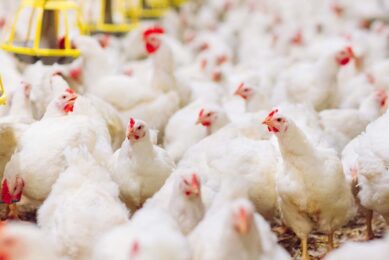
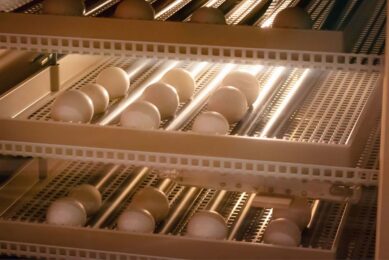
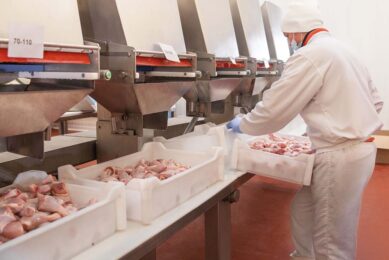
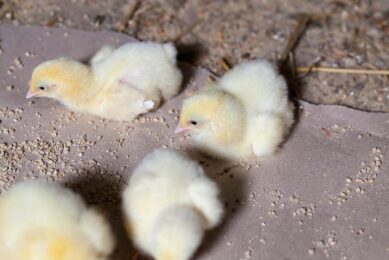



 WP Admin
WP Admin  Bewerk bericht
Bewerk bericht